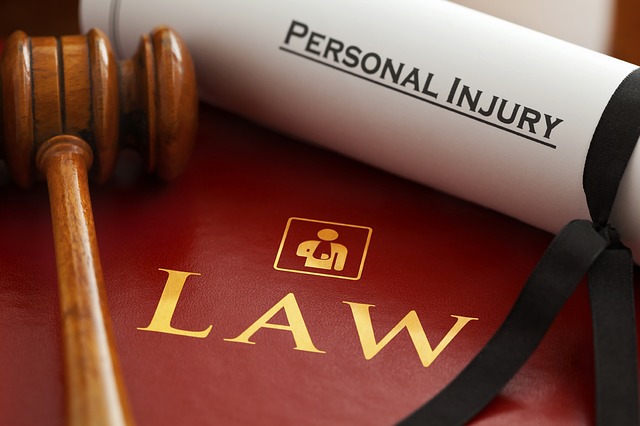When an accident disrupts your life, figuring out the next steps can feel overwhelming. Medical bills pile up, your income might take a hit, and insurance companies may not always have your best interests at heart. If you’ve been injured, you might wonder, “Do I need a personal injury attorney?” Here’s a straightforward look at how an attorney can help you get back on track and protect your rights.

Understanding the Role of a Personal Injury Attorney
A personal injury attorney is there to advocate for you after an injury caused by someone else’s negligence. They help you seek fair compensation for medical expenses, lost wages, emotional distress, and other damages. You can focus on healing with their guidance while they handle the legal challenges.
MORE NEWS: The 10 fastest-growing housing markets in Arizona
When Should You Consider Hiring an Attorney?
Not every injury requires legal help, but certain situations make having an attorney a wise decision. Here are scenarios where their support can make a difference:
- Severe or Long-Term Injuries: If your injuries are extensive or have lasting effects on your quality of life, calculating fair compensation becomes more complex.
- Disputed Liability: When the responsible party denies fault, an attorney can gather evidence to prove what happened.
- Insurance Company Issues: Insurers sometimes undervalue or deny valid claims. An attorney knows how to negotiate effectively and ensure you aren’t shortchanged.
- Legal Deadlines: Each state has a statute of limitations for filing personal injury claims. Missing this deadline can prevent you from seeking compensation.
Benefits of Hiring a Personal Injury Attorney
If you’re unsure about bringing in a personal injury attorney, consider the advantages they offer.
1. They Handle Insurance Companies
Insurance companies prioritize their profits, which often means paying you as little as possible. An attorney understands their tactics and can negotiate on your behalf to secure a fair settlement.
2. They Gather Evidence
Building a strong case requires more than your word against the other party’s. Attorneys collect police reports, medical records, eyewitness accounts, and other evidence to strengthen your claim.
3. They Value Your Claim Accurately
It’s easy to overlook certain damages, like pain and suffering or future medical expenses. Attorneys assess the full scope of your injuries to calculate the compensation you truly deserve.
4. They Represent You in Court
Most cases settle outside of court, but if yours doesn’t, having an attorney ready to fight for you in court ensures your side is properly represented.
5. They Provide Peace of Mind
The legal process can be stressful and confusing. Knowing someone is looking out for your interests allows you to focus on recovering physically and emotionally.
How to Choose the Right Attorney for Your Case
If you’ve decided to hire an attorney, finding the right one is key. Here are some tips to guide your decision:
- Look for Relevant Experience: Choose someone who has handled cases similar to yours, whether it’s a car accident, workplace injury, or slip-and-fall case.
- Check Reviews and References: Read online reviews or ask friends and family for recommendations.
- Ask About Fees: Many personal injury attorneys work on a contingency basis, meaning they only get paid if you win. Be sure to confirm this upfront.
- Schedule a Consultation: Meeting with an attorney allows you to ask questions and get a feel for their approach. Make sure you’re comfortable with their communication style and level of dedication.
What to Expect During the Process
Hiring an attorney doesn’t mean you’ll have to sit through endless court battles. Here’s what usually happens:
- Initial Consultation: You’ll discuss the details of your case, and the attorney will provide an honest assessment of your options.
- Investigation: Your attorney will gather evidence and build your case.
- Negotiation: They’ll negotiate with the at-fault party or their insurer to seek a settlement.
- Litigation (if necessary): If a settlement can’t be reached, your attorney will take the case to court.
Throughout the process, they’ll keep you informed and guide you on what to do next.
The Bigger Picture: Protecting Your Future
Seeking legal help after an injury isn’t just about getting compensation—it’s about protecting your future. Medical bills, lost wages, and ongoing recovery can create long-term financial stress. A personal injury attorney helps ensure you have the resources to rebuild your life.
If you’ve been injured, don’t hesitate to explore your legal options. Speaking with a trusted personal injury attorney could make all the difference in how you move forward.




